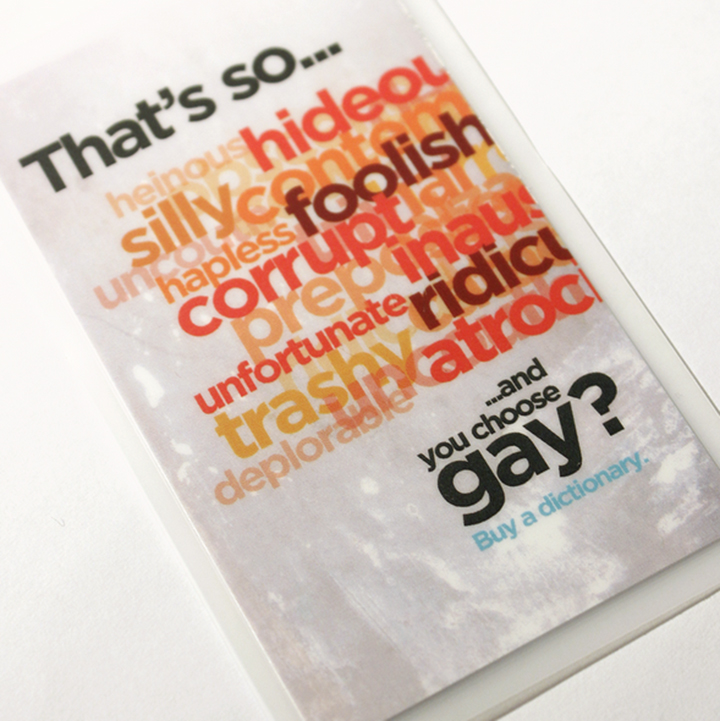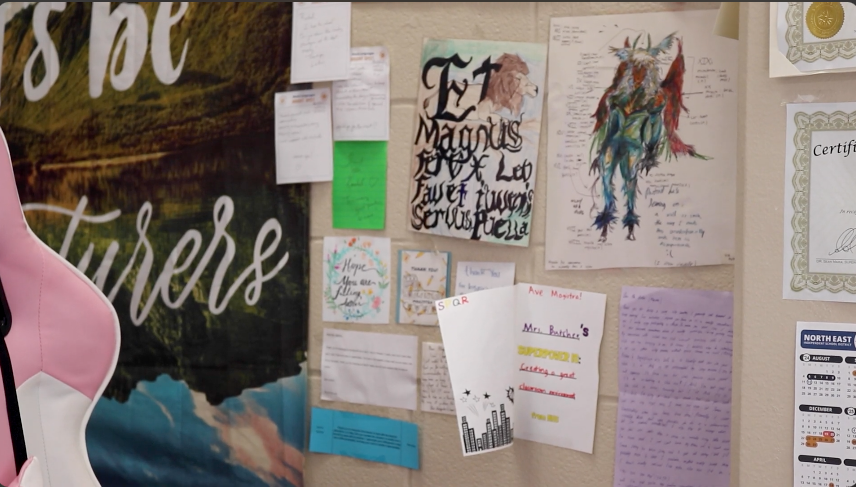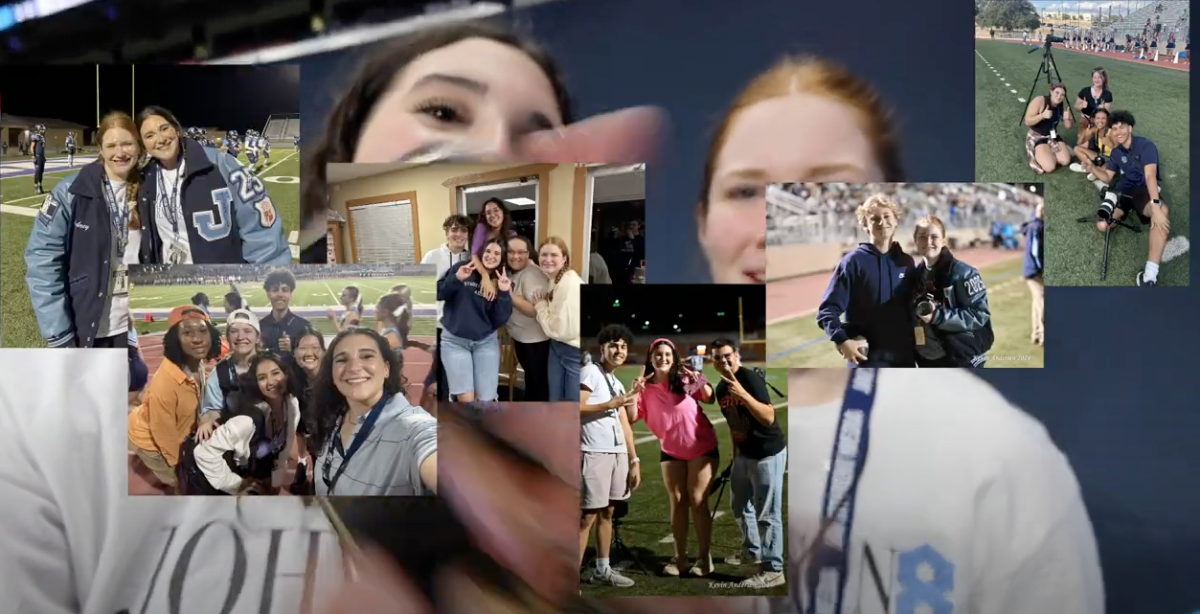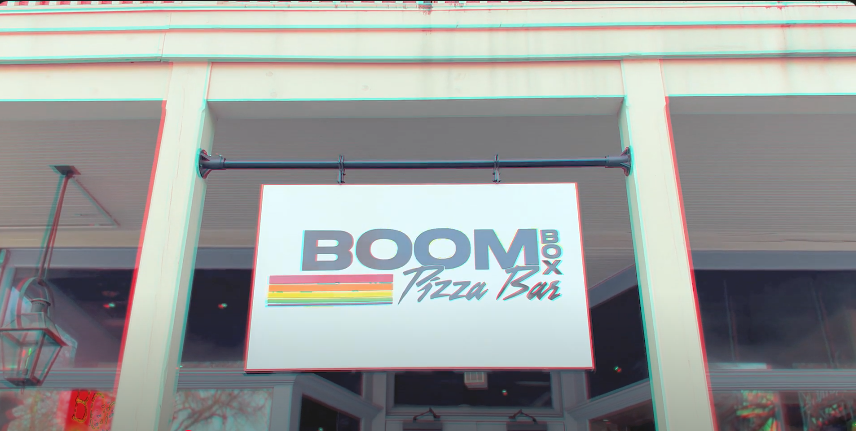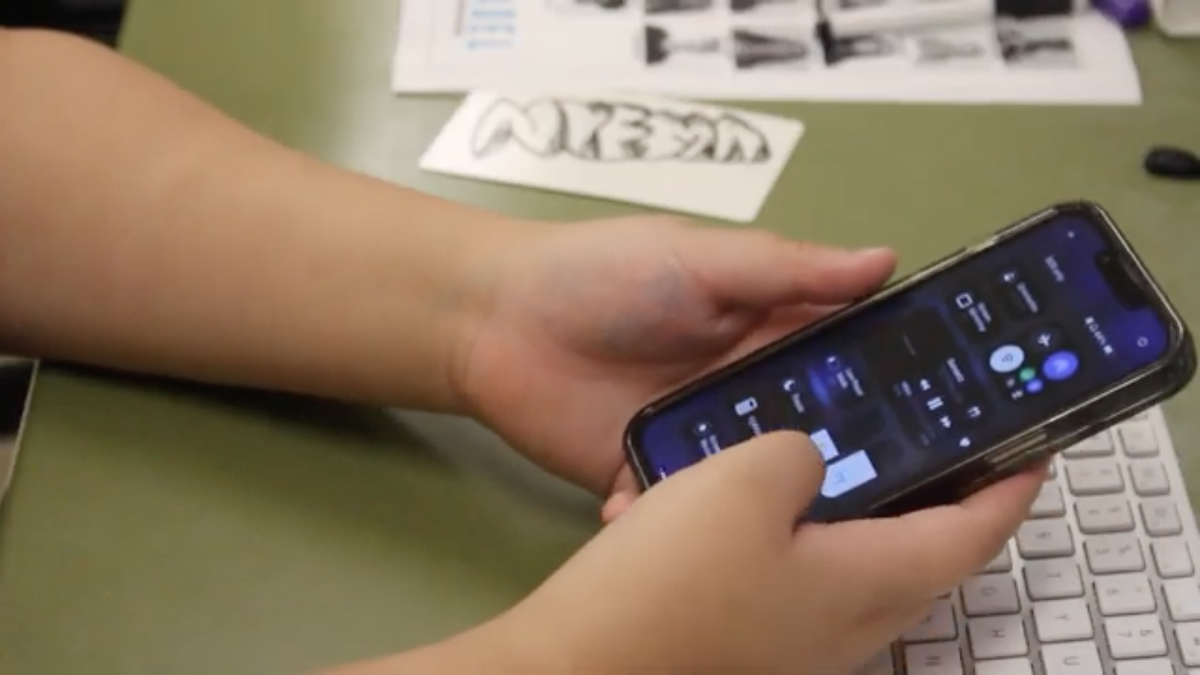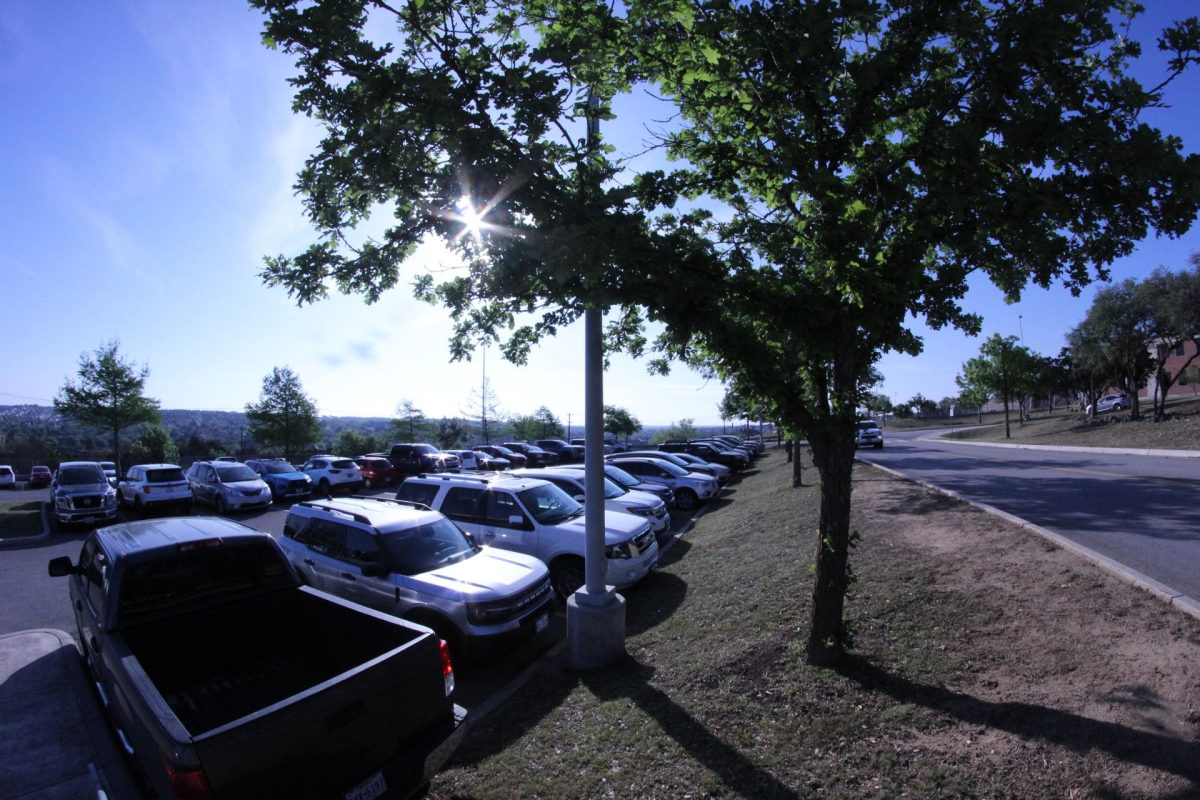by Claire Carter | editor in chief
Through the growing popularity of social networking, students are better aware of recent events, including race related crimes across America and abroad. Students take part in these conversations, and notice that skin color and sexual orientation should not be immediately identified with negative, or positive, connotations.
Scrolling through Instagram comments, listening to the radio, or even walking the halls of Johnson, students hear n—– casually thrown around as a way of identifying a friend, regardless of one’s race.
“N—– has been used to oppress black people for hundreds of years in slavery,” senior Emma Eatman said. “I don’t think this word should be used at all because of its historical background.”
Eatman has been personally offended through racial slurs, and argues that people should take steps to suppress racism.
“I know that I have told people [that they are being racist], and they get offended, but I’m just helping them out so they know something they say, even if it isn’t just ‘I hate black people’ that it is still being racist,” Eatman said.
While discrimination can target one’s race, religion, or heritage, a particular type of prejudice cuts deeper because it addresses one’s sexuality. This attack on homosexuality offends not only the LGBT community, but also its allies.
“I’m personally offended coming from a family with homosexuals in it, they don’t know the problems and issues they are causing people indirectly,” Camille Wetmore, ally of the LGBT community, said.”
Whatever sexuality you identify with, anyone can show support to the gay and transgender community by standing up for the injustices they experience. Students claim that to address the problem by correcting people who use the words gay or f—– in a humorous way.
“Be offended when people use the word as an insult,” Wetmore said. “But embrace [being gay] if you’re a homosexual or a heterosexual ally to the gay community. It shouldn’t be considered an insult and we should turn the word into a compliment.”

Teens struggle with the fear of coming out because of the slander and negative comments millennials associate with the LGBT community.
“Saying ‘I’m gay’ should be as casual as saying ‘I’m a vegetarian,’” Wetmore said. “I want people to come out without fear of insults from high schoolers. The people who are discriminated should know that they have friends and have counselors who support them 100%.”
Another form of intolerance witnessed on campus and off involves the discrimination against mentally or physically impaired individuals.
“In having a brother who is special needs, with autism and epilepsy, when people around me call each other r—– as an insult, to create [r—–] as a synonym of dumb… It’s pretty offensive to me because I have such a close relationship with him,” senior Lourdes Ballesteros said.
While some teens do not know what they are saying, those who understand this word is used to diagnose individuals with medical disorders are encouraged by students to refrain from turning the word into an insult.
“There are people in our school and community that are mentally disabled, so there is no justifiable reason to use this word in a derogatory way,” Ballesteros said. “Ultimately it’s very sad that people either don’t know or they don’t think of what they’re saying.”
Students hear this discriminatory slander exchanged in the halls on a daily basis. Whether referring to race, religion, sexual orientation, or even mental and physical handicaps, students encourage each other to start a discussion on suppressing this intolerance.
“Not talking about it isn’t going to fix anything,” Eatman said, “At this age we have so much access to social media that it’s now our job to educate ourselves.”


